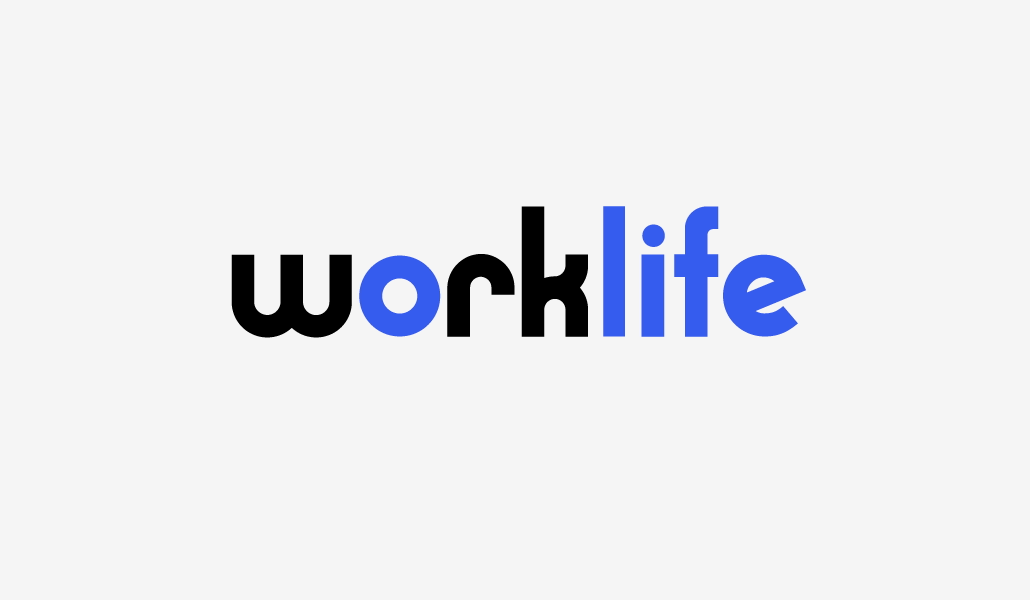
As the norm rapidly becomes obsolete, marginal thinking is emerging as a powerful lever for anyone aspiring to stand out. More than just a technique, it is a philosophy of action that transcends expectations, pushes boundaries, and allows you to rise above the fray. Marginal thinking is not about the quantity of extra effort, but the quality: it is about identifying and exploiting those small differences that, when added together, produce extraordinary results.
Patrick Boëdec, author of “Thinking Marginal”explains to us how this approach can transform our daily professional lives.
What is your definition of marginal thinking?
Patrick Boëdec: It is knowing how to make the little extra effort that is not essential compared to your investment of time or the resources already committed but which has a phenomenal impact on the final result. “Thinking marginal” requires being generous in one’s involvement, to exceed existing standards, expectations, and to reach a higher level. It is a question of ambition, determination, altitude; once this level of requirement is reached, there is no going back. “Thinking marginal” is an exhilarating way of always doing better and getting a head start on the others.

How can it help us in our daily professional lives?
Patrick Boëdec: This changes a multitude of facets of daily life.
It is increasing your level of rigor both in the quality of what you do and in that which others achieve for you. It consists of pulling your collaborators or colleagues upwards; helping them to reason in a more structured, more systematic, more in-depth way. Raising your level of expectations, challenging your interlocutors on their convictions, their decisions in order to
to advance.
This involves working faster by tracking down all unnecessary time wasters, and more efficiently by managing your priorities better. The time savings obtained will allow you to take a step back to better observe those around you; spot weak signals, understand non-verbal communication, give them time. Not only will you be the best-informed person, but people will spontaneously go to you, you will impose your tempo rather than suffer that of others.
Your book is an invitation to focus on the result rather than the process, what is the role of this marginal thinking in this result?
Patrick Boëdec: Whether we like it or not, only the result counts, no one will be satisfied with justifications to explain a poor performance.
Being focused on achievement involves visualizing precisely the desired goal, what will be differentiating on the market or internally. It is then choosing the shortest, most direct, fastest path to achieve it. The “marginality“It is privileging simplicity over complexity, it is going straight to the point without detour, it is saying what one has to say, it is writing what one thinks, it is dealing with problems as soon as they appear with pragmatism.
You say that being marginal means knowing how to communicate. What do you mean by that?
Patrick Boëdec: You are judged on how you express yourself, it determines your mastery, therefore the trust people have in you.
Remember, it’s about the imprint you leave on the memory of your interlocutors. People should remember you with a “Wow“in the head and it cannot be improvised, it is the fruit of a process and a high level of preparation.
To communicate is to transmit, convince, mobilize, influence, but it is also to build one’s internal and external networks.
In the Anglo-Saxon world it is common to say that a manager must devote 20% of his time to building his address book and strengthening his level of introduction because the quality of the network is directly linked to his ability to achieve.
By communicating more relevantly, people who think “marginal“; progress more quickly because they make these communication efforts which, in the end, make the difference in terms of credibility.
In your opinion, what are the attributes of tomorrow’s leader?
Patrick Boëdec: The first attribute is to take the time to separate the important from the superfluous, the general from the specific, it is to demonstrate an exceptional capacity for synthesis, in my opinion, it is the height of excellence. It is by making things simple and accessible that you become convincing and charismatic, people do not like what is hard and complicated. They follow people they understand easily.
The second attribute is undoubtedly the ability to see far; we are constantly immersed in data, in various and varied reports… All these pieces of the puzzle taken individually are fragmentary, but the leader will know how to aggregate them to transform them into opportunities well before anyone else.
Finally, the leader has an imperative duty to improve the skills of his team members, this is all the more important if we consider the technological tsunami whose scale we see daily. Your best KPI will be when your employees tell you, “I have never learned as much as with you“; you will know that the time and the advice, this marginal part that you have devoted to them has been fruitful.
These three leadership attributes come from a good command of the “Thinking Marginal” method.








